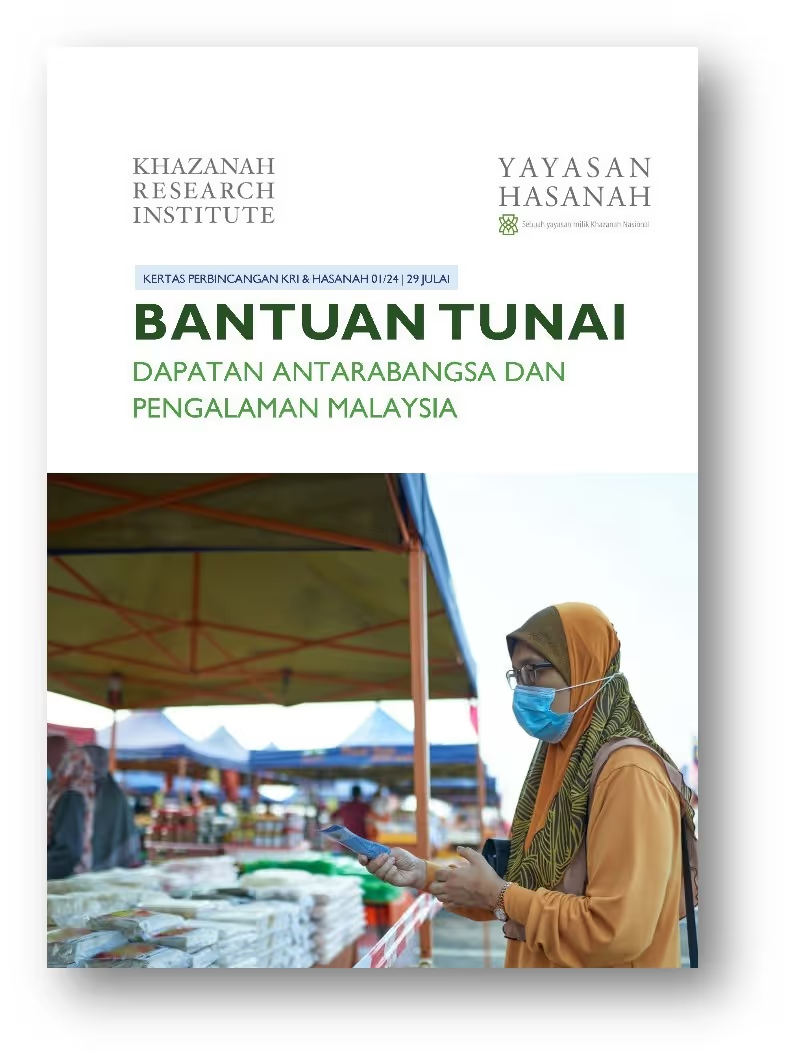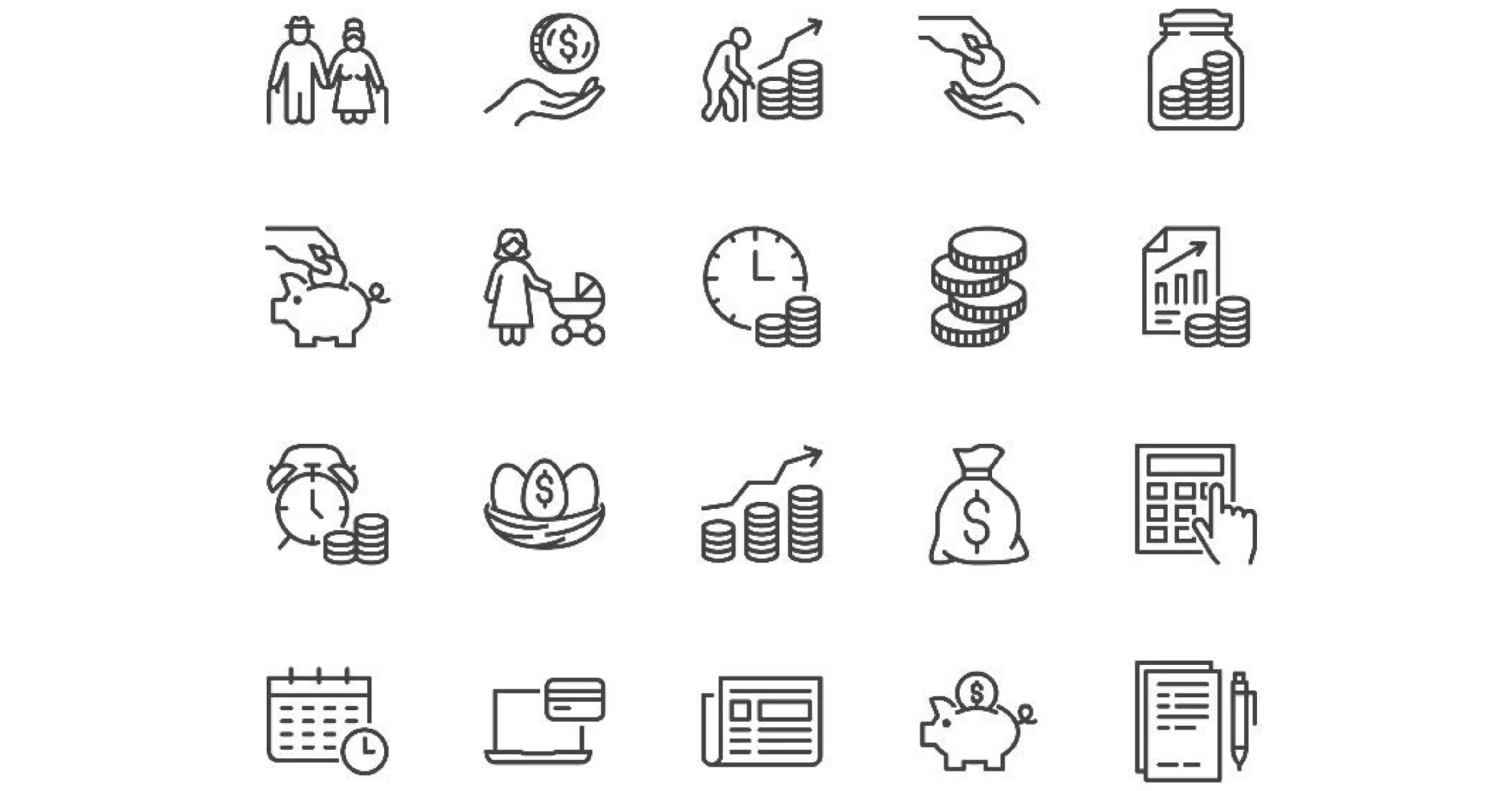
• Cash transfers have been the most widely used policy response worldwide, taking up the largest proportion of social assistance spending. In times of crisis such as the COVID-19 pandemic, national social protection systems including cash transfers, play an important role. Broadly, cash transfers contribute to improving social protection and security, inducing development and economic growth, enhancing human capital development and social mobility, and promoting rights, equality, and fairness. • A review of international studies suggests a wide range of cash transfer outcomes, particularly on poverty, education, health, savings, investments, employment, and empowerment. Studies generally found positive findings in the immediate- to medium-term, indicating cash transfers as a transformative social protection instrument. However, negative outcomes have also been reported. In the longer term, findings on the impact of cash transfers have shown mixed results. Establishing a consensus on the longterm impact of cash transfers is challenging due to the complex and nuanced nature of the findings. • The cash transfer landscape in Malaysia consists of a variety of programmes undertaken by the public sector, the private sector, and the third sector (Civil Society Organisations, CSOs)














